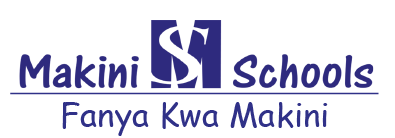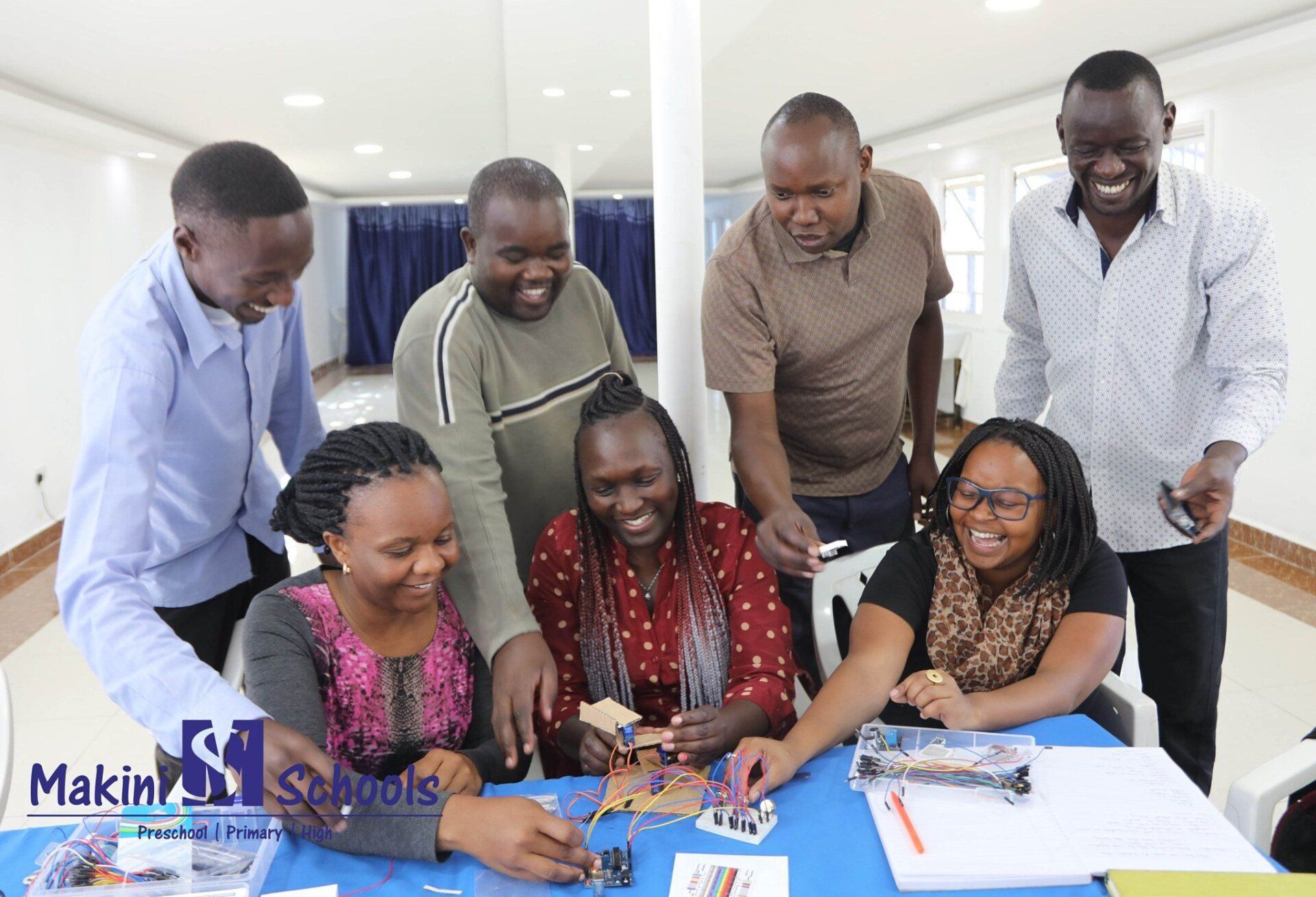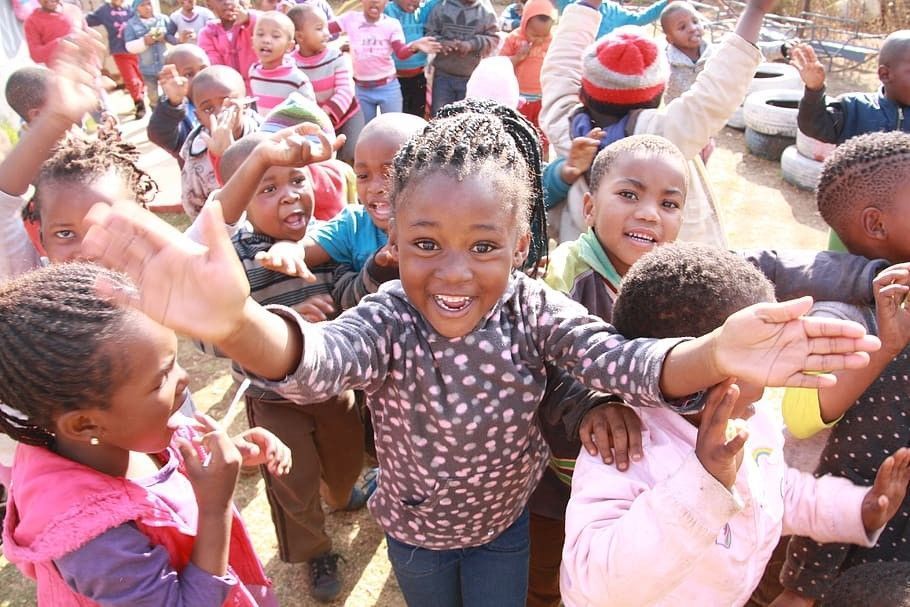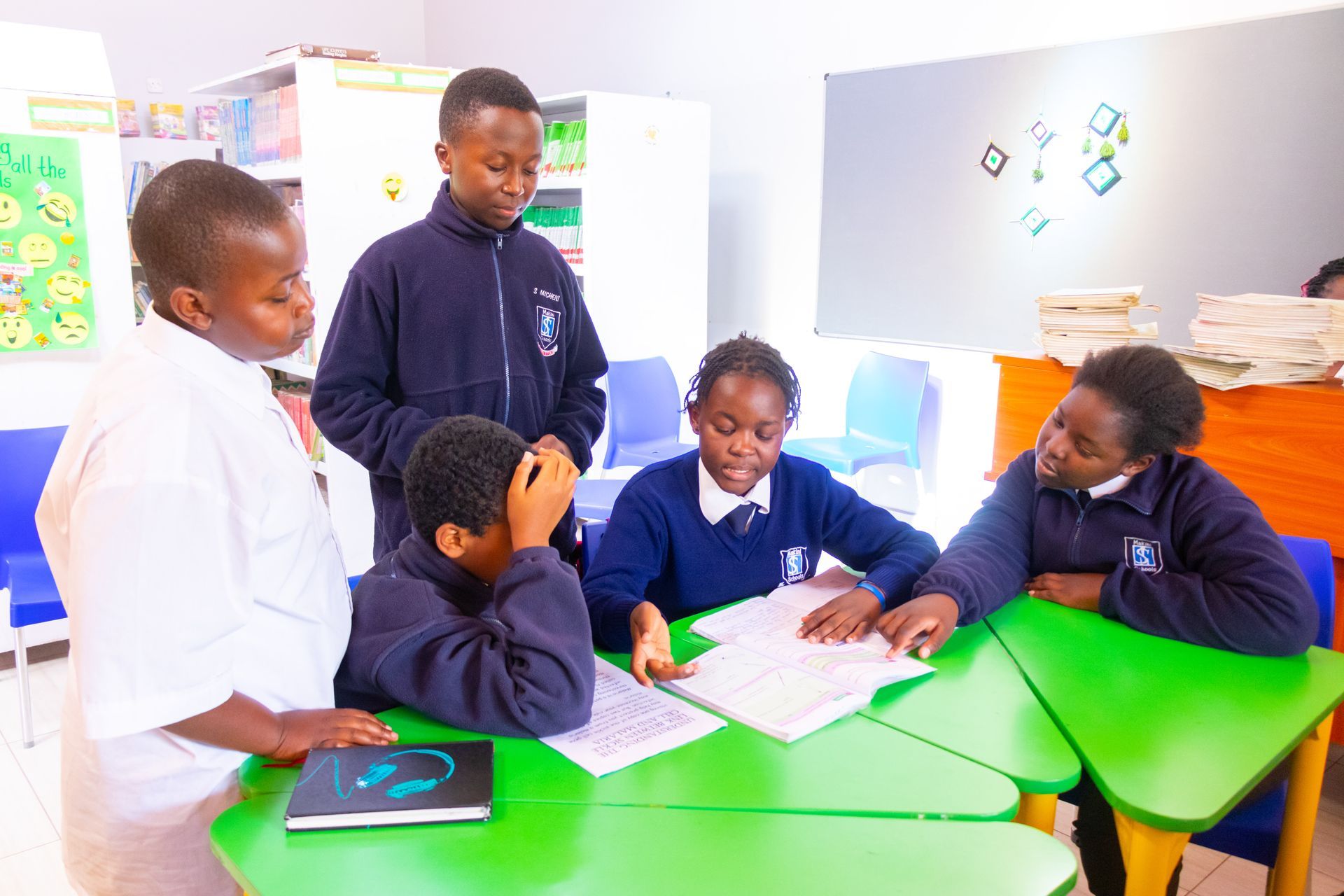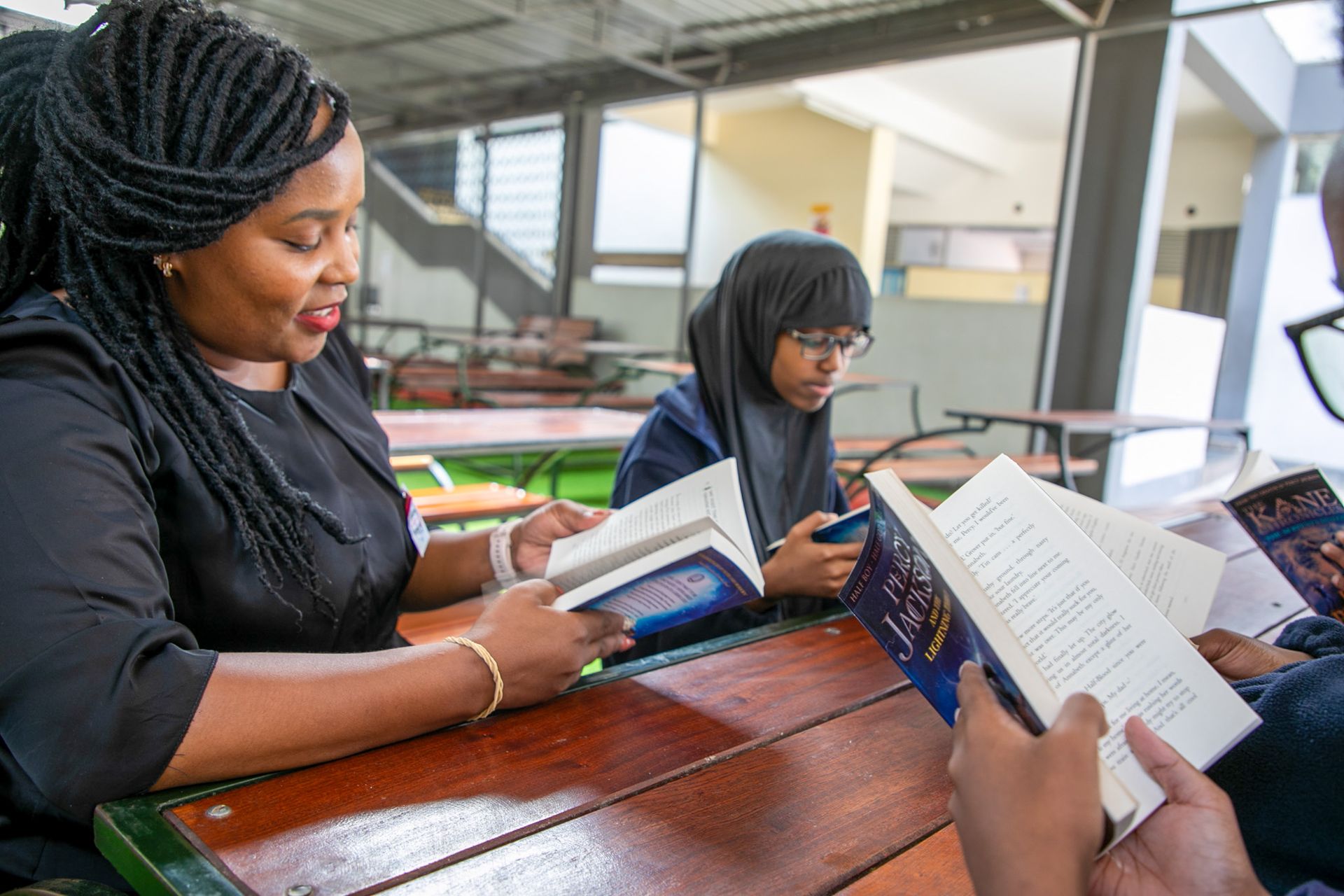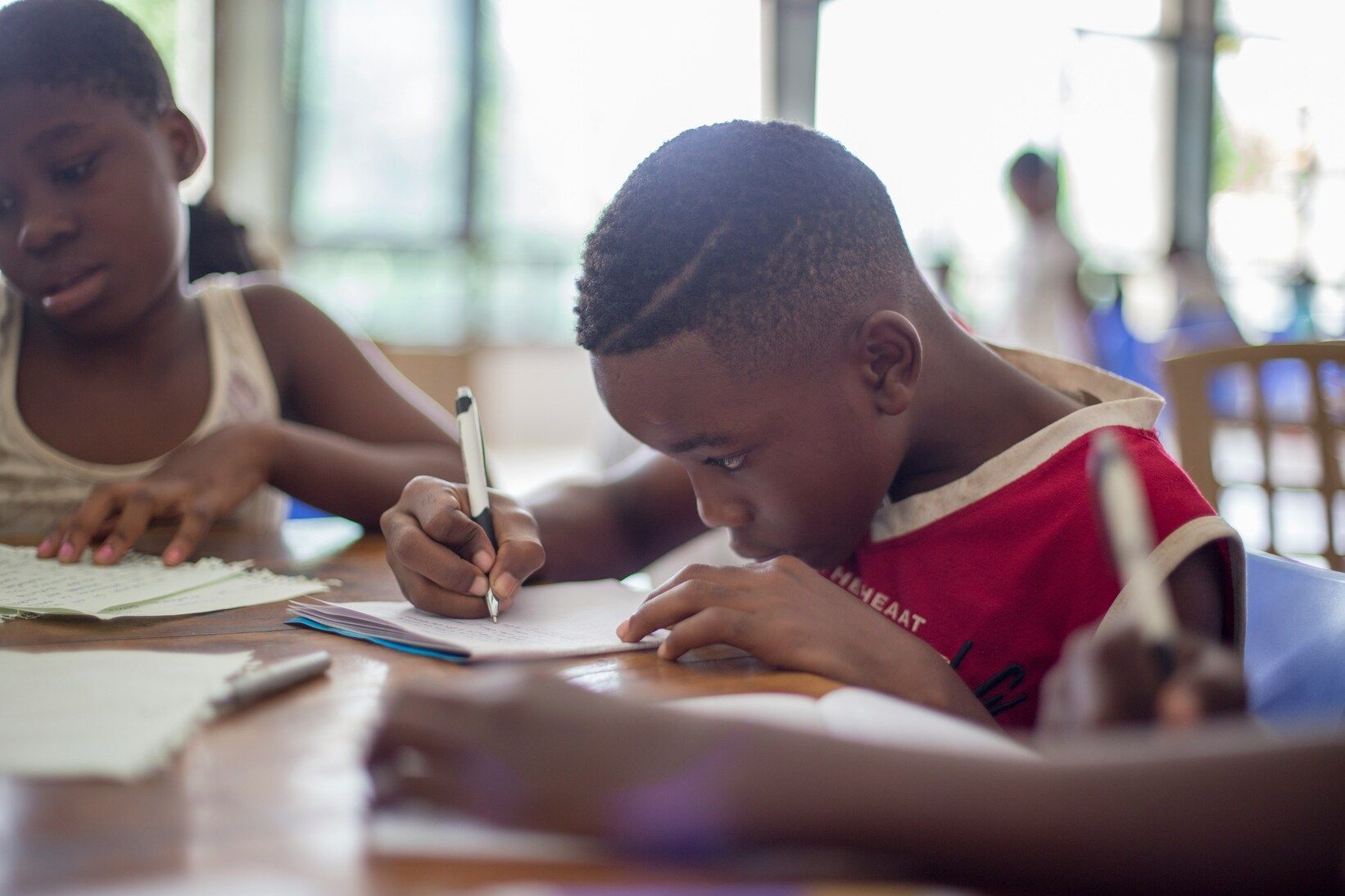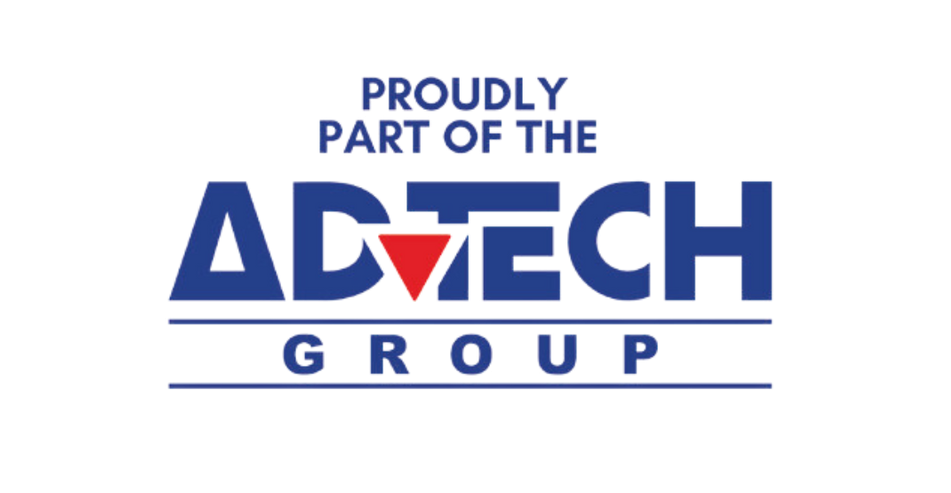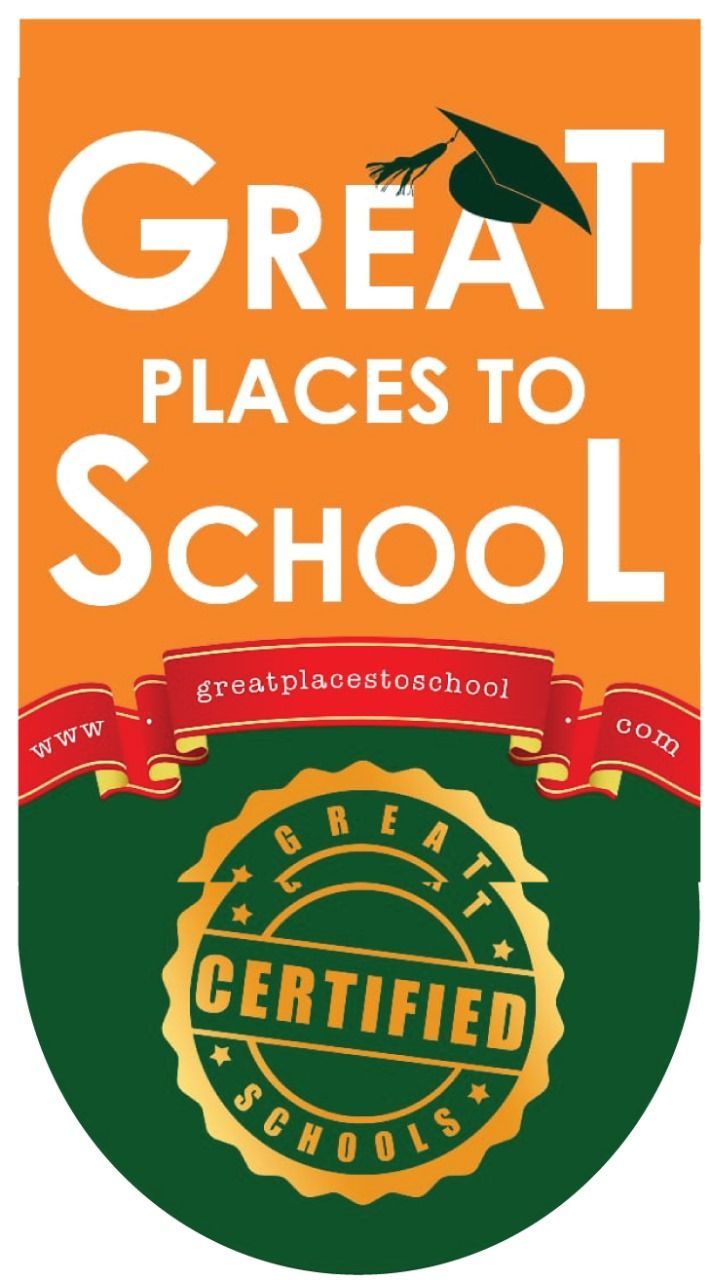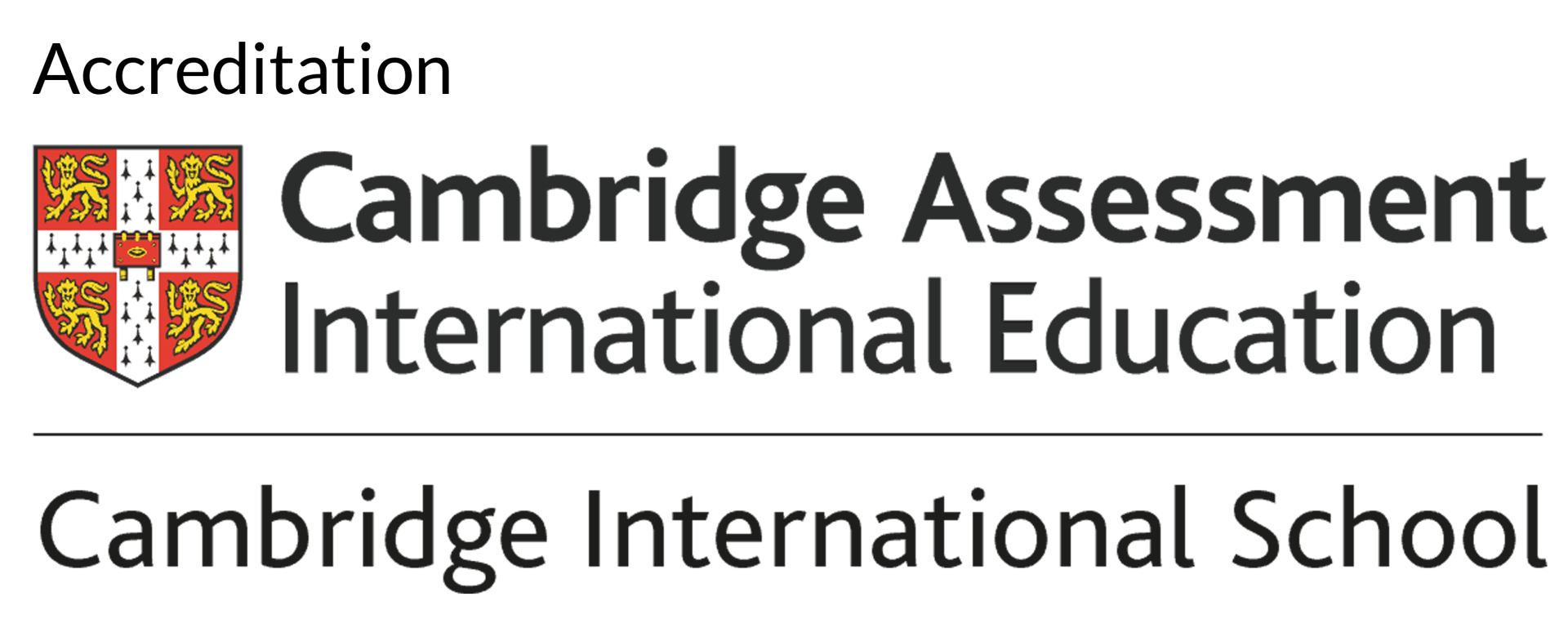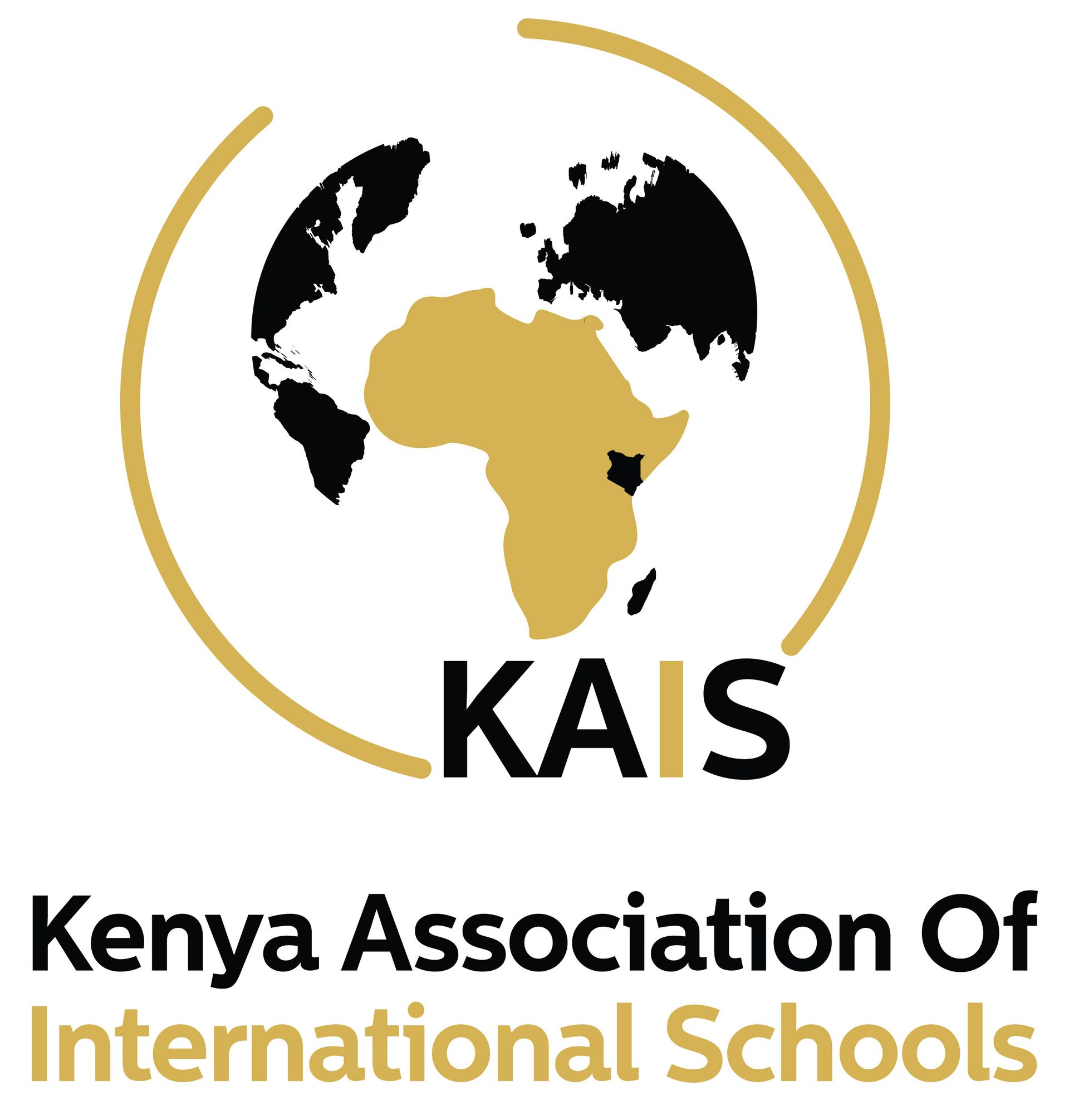Navigating Junior Secondary Education in Kenya and Why Makini Leads the Way
As a parent, deciding on the right path for your child's junior secondary education is a big ordeal. It's vital to understand how things work in Kenya's junior secondary system to make sure your child gets the education they deserve. We will unpack the key features, standards and what sets the best junior secondary schools apart – with a spotlight on Makini School's excellence in this field.
Key standards and curriculum in junior secondary
Kenya's junior secondary education typically caters to students between the ages of 11 and 14. This bridges the gap between primary and secondary schooling. The curriculum during these years focuses on building a strong academic foundation while also nurturing students' personal and social development. Key subjects include mathematics, sciences, languages, humanities and creative arts.
The best junior secondary schools in Kenya differentiate themselves through their commitment to: academic excellence, innovative teaching methods and a holistic approach to education. Makini School, for instance, adheres to rigorous academic standards while also emphasising character development and critical thinking skills. Our curriculum is designed to foster a love for learning and equip our learners with the skills necessary to thrive in an ever-changing world.
Challenges facing junior secondary education in Kenya
Despite the efforts of educational institutions like Makini School, junior secondary education in Kenya faces its share of challenges. Limited resources, overcrowded classrooms and disparities in access to quality education remain significant hurdles. Additionally, societal factors such as poverty and cultural norms can impact students' ability to excel academically.
Makini School successfully addresses these challenges through innovative teaching strategies, small class sizes and a supportive learning environment. Our commitment to excellence extends beyond academics, with initiatives aimed at promoting inclusivity, diversity and equity in education. Makini's educational approach in junior secondary
At Makini School, the educational approach in junior secondary emphasises personalised learning, student engagement and holistic development. Teachers utilise a variety of instructional methods to cater to diverse learning styles and abilities. From hands-on activities to project-based learning, students are encouraged to explore, experiment and think critically.
Makini's holistic approach extends beyond the classroom, with a focus on character education, leadership development and community service. Through mentorship programs, extracurricular activities and partnerships with local organizations, students are provided with opportunities to develop essential life skills and become well-rounded individuals.
Comparing Makini with other Kenyan junior secondary schools
When comparing Makini with other junior secondary schools in Kenya, several factors set us apart. Makini's track record of academic excellence, experienced faculty, and state-of-the-art facilities make it a top choice for parents seeking quality education for their children. The school's commitment to nurturing each student's unique talents and abilities ensures that every child receives the support they need to succeed.
The role of extracurricular activities in junior secondary
Extracurricular activities play a vital role in junior secondary education, providing students with opportunities for personal growth, social interaction, and skill development. Makini School offers a wide range of extracurricular activities, including sports, arts, music, and clubs. These activities complement the academic curriculum and help foster creativity, teamwork, and leadership skills.
Participation in extracurricular activities also promotes a healthy work-life balance and enhances overall well-being. Whether it's joining a sports team, participating in a school play, or volunteering in the community, students at Makini are encouraged to explore their interests and passions outside of the classroom.
Navigating junior secondary education in Kenya requires careful consideration of various factors, including academic standards, curriculum and extracurricular offerings. Makini School stands out as a beacon of excellence in this realm with its commitment to academic rigour, holistic development, and innovative teaching methods. By choosing Makini, parents can rest assured that their children are receiving a top-notch education that prepares them for success in school and beyond.
